Summer reading: For every new book, read two old ones
J. I. Packer urged Christians to read two old books for every new one. We asked a we a few faculty members to recommend one new book and two old ones in the same category for summer reading.
C. S. Lewis famously said, “It is a good rule, after reading a new book, never to allow yourself another new one till you have read an old one in between. If that is too much for you, you should at least read one old one to every three new ones.” Similarly, J. I. Packer urged Christians to read two old books for every new one. This summer, we hope you are resting and reading some good books.
We asked a we a few faculty members to recommend one new book and two old ones in the same category for summer reading.
Stephen J. Wellum
Professor of Christian theology
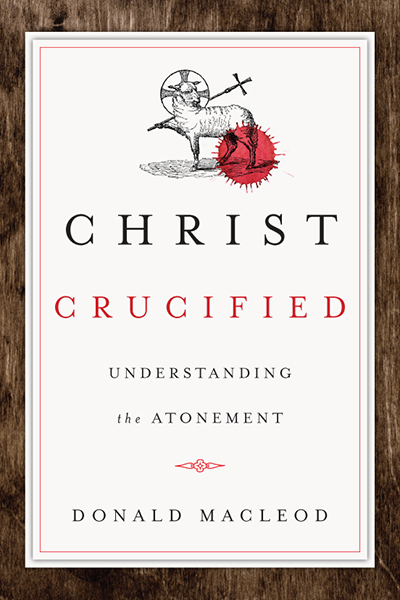 New: Donald Macleod, Christ Crucified: Understanding the Atonement (IVP Academic).
New: Donald Macleod, Christ Crucified: Understanding the Atonement (IVP Academic).
This work is a superb example of the best of theological precision and biblical exposition as applied to understanding the doctrine of the atonement. In a day which is quick to dismiss penal substitution as the heart of the meaning of Christ’s cross, Macleod does an excellent job unpacking biblical texts in light of the whole Bible and doing so in light of classic Trinitarian and Christological orthodoxy. A must read!
Old: Geerhardus Vos, Reformed Dogmatics, Vol. 3: Christology (Lexham Press).
This work is a new translation of Vos’ lectures given in Dutch in Grand Rapids, Michigan in 1896. They are a classic work on the person and work of Christ from the dean of Biblical Theology. They illustrate the best in the interrelationship between biblical and systematic theology in unpacking the glory of Christ.
Old: John Owen, The Priesthood of Christ: Its Necessity and Nature (Christian Heritage).
A classic work by a theologian of top rank on the glory of Christ’s and his priestly work for us in his death and resurrection.
Thomas R. Schreiner
James Buchanan Harrison Professor of New Testament Interpretation and professor of biblical theology
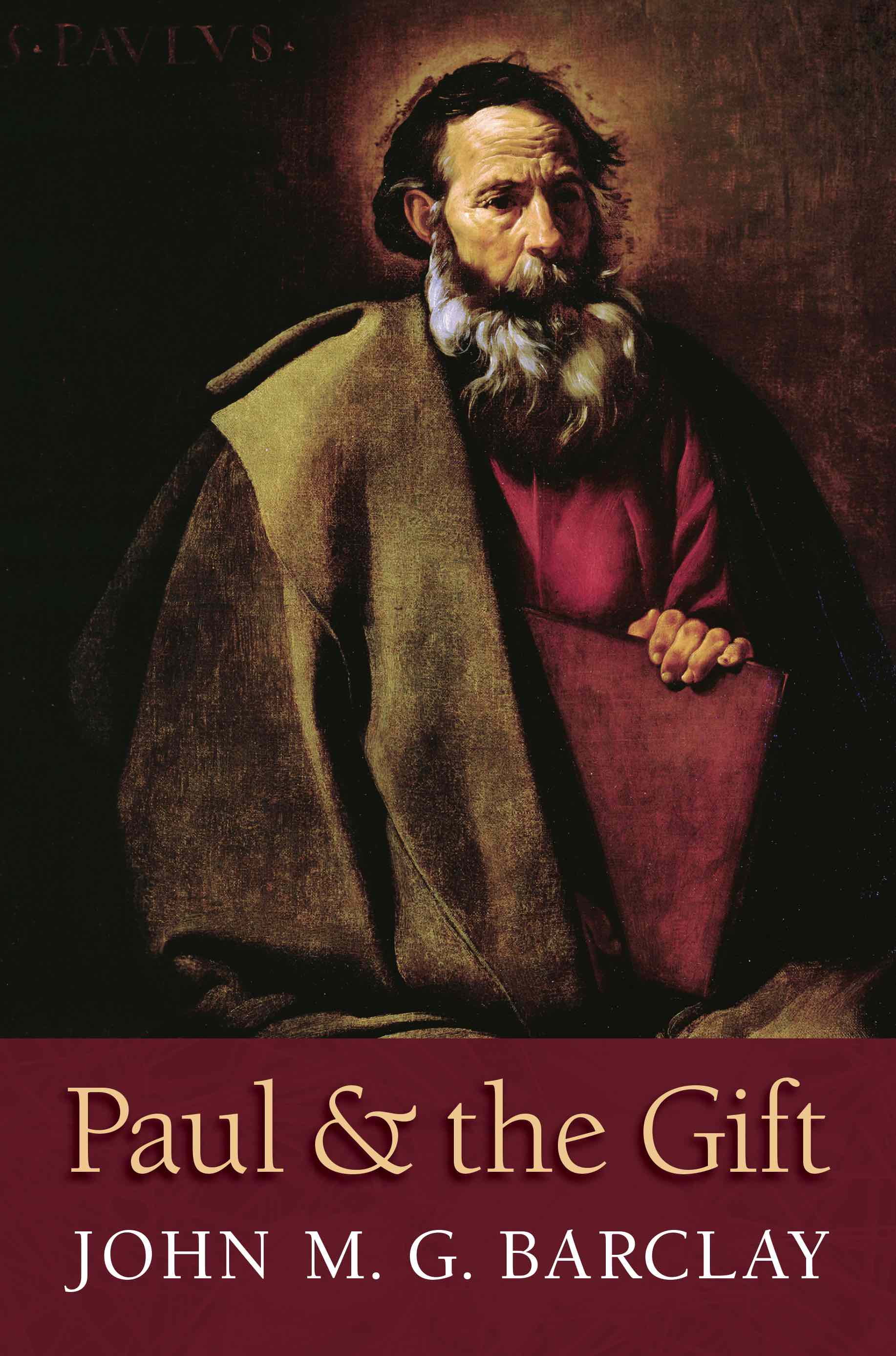 New: John Barclay, Paul and the Gift.
New: John Barclay, Paul and the Gift.
Barclay in a careful study shows the deficiencies of E. P. Sanders’s reading of Second Temple Judaism. At the same time, he gives a clear profile of different conceptions of grace in the New Testament period. A ground-breaking book.
Old: John Calvin, Institutes of the Christian Religion.
Calvin’s Institutes are a classic for a reason. Here we see one of the clearest expositions of Christian doctrine, and he applies such a teaching in a powerful way for readers.
Old: Martin Luther, 1535 commentary on Galatians.
Don’t confuse this volume with Luther’s 1519 commentary on Galatians. In the 1535 volume we have one of the clearest expositions of the gospel. As you read Luther’s commentary, you will understand why he lived and breathed the gospel.
Joe Harrod
Assistant professor of biblical spirituality
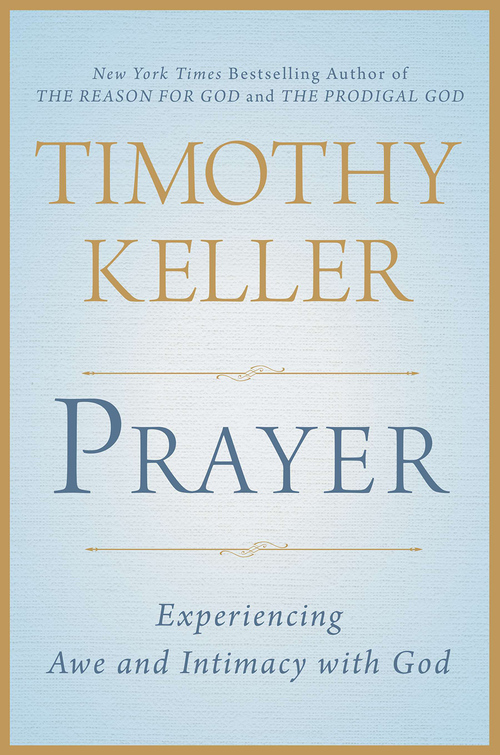 New: Timothy Keller, Prayer: Experiencing Awe and Intimacy with God
New: Timothy Keller, Prayer: Experiencing Awe and Intimacy with God
Tim Keller is transparent about his own journey and struggles with prayer. He has synthesized some of the richest reflections on prayer from Augustine, Luther, Calvin, and Owen and applied them with his own keen pastoral insight. I’ve read this book twice in the past year and am starting it for a third time.
Old: Matthew Henry, A Method for Prayer
While many know Matthew Henry as a Bible commentator, this classic on prayer may be his most enduring legacy. Henry mines Scripture to explore each facet of prayer (Address, Thanksgiving, Intercession, Petition, etc.), calling readers to let the Bible saturate and shape their own prayers. Believers who find the daily discipline of prayer to be a challenge will likely be encouraged from Henry’s three sermons on using stated hours for prayer, often printed as an appendix to his Method.
Old: John Bunyan, Praying in the Spirit.
Published originally in 1662, during one of his stints in prison, Bunyan’s little treatise on prayer has a polemical edge (he was no fan of written prayers!), but offers a classic Baptist perspective on prayer that is intentionally Trinitarian and emphasizes the Spirit’s help.
Shawn Wright
Associate professor of church history
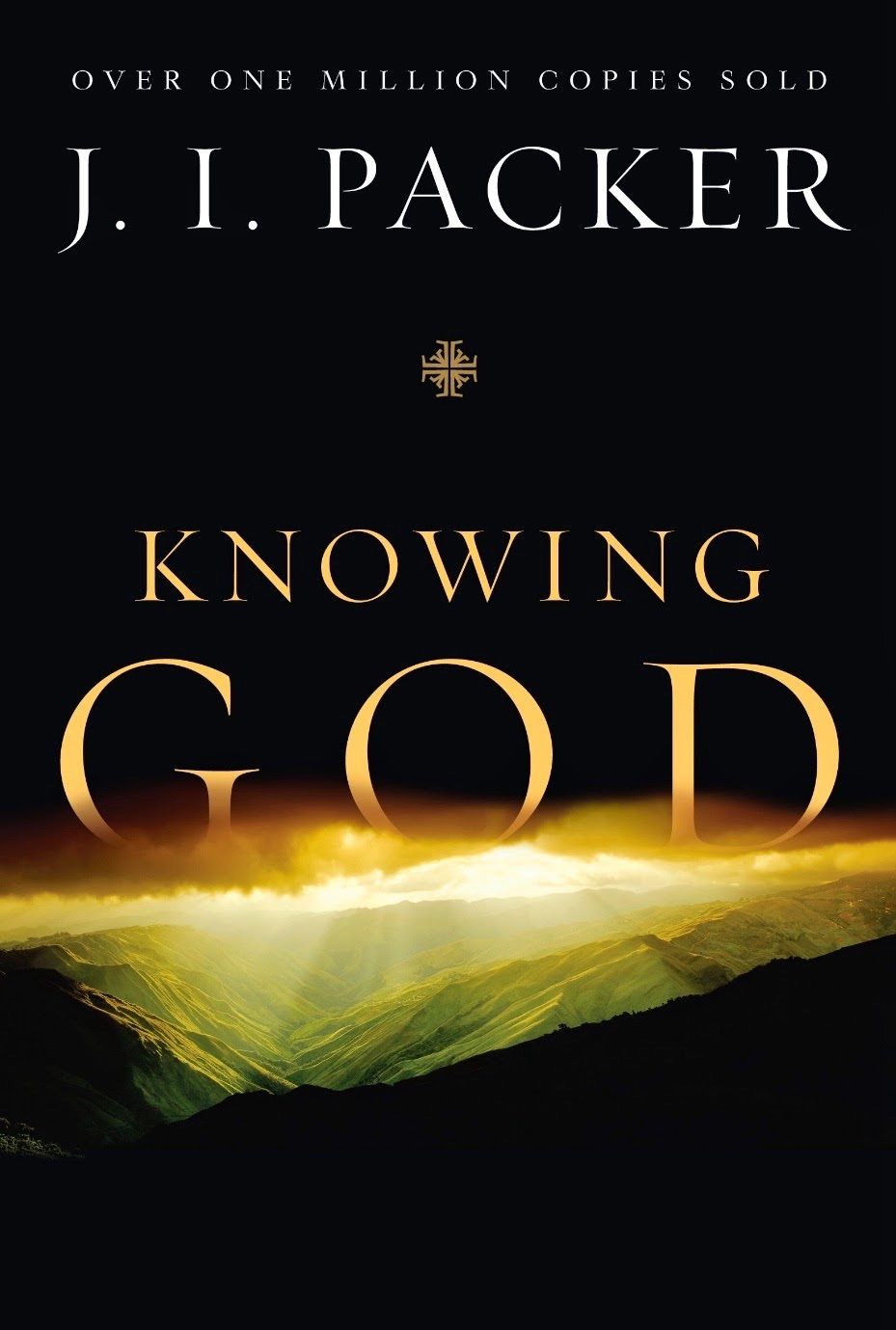
New: J. I. Packer, Knowing God.
Old
John Calvin, Institutes of the Christian Religion.
Thomas Watson, A Body of Divinity.
Jesus said eternal life is knowing God (John 17:3), and Jeremiah noted that the greatest thing in life is knowing God (Jer 9:23-24). These books—the two older ones classics from the sixteenth and seventeenth centuries, and the new one a classic in its own right from the 1970s—will aid Christians to know and delight in God. Each of these classics will benefit a believer immensely.
Russell T. Fuller
Professor of Old Testament interpretation
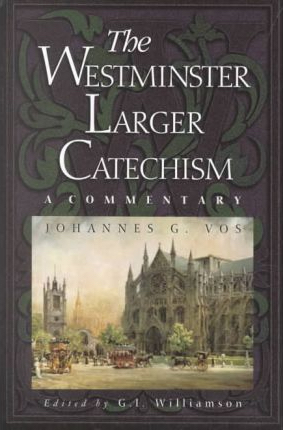 New: Johannes Vos, edited by G. I. Williamson, The Westminster Larger Catechism.
New: Johannes Vos, edited by G. I. Williamson, The Westminster Larger Catechism.
For those who love the Westminster Standards as the model of theological precision and insight, this book furnishes solid commentary and practical application. Clear and concise, Vos uses a question and answer format in discussing the Larger Catechism. The Larger Catechism itself provides commentary on the Confession and adds more detail and insight into the incomparable Shorter Catechism.
Old: A. A. Hodge, The Confession of Faith.
This is one of the great commentaries on the Westminster Confession of Faith by a master theologian. Hodge explains the Confession and demonstrates its biblical fidelity. Moreover, he often contrast its teachings with competing theories of the gospel, in particular Arminian and Socinian viewpoints.
Old: A. A Hodge and J. Aspinwall Hodge, The System of Theology contained in the Westminster Shorter Catechism.
This work succinctly expounds the Shorter Catechism. A. A. Hodge writes the first half, “What man is to believe concerning God,” and his cousin, J. Aspinwall Hodge, finishing the work after the death of A. A. Hodge, writes the second half, “What duty God requires of man.”
John David Trentham
Assistant professor of leadership and discipleship
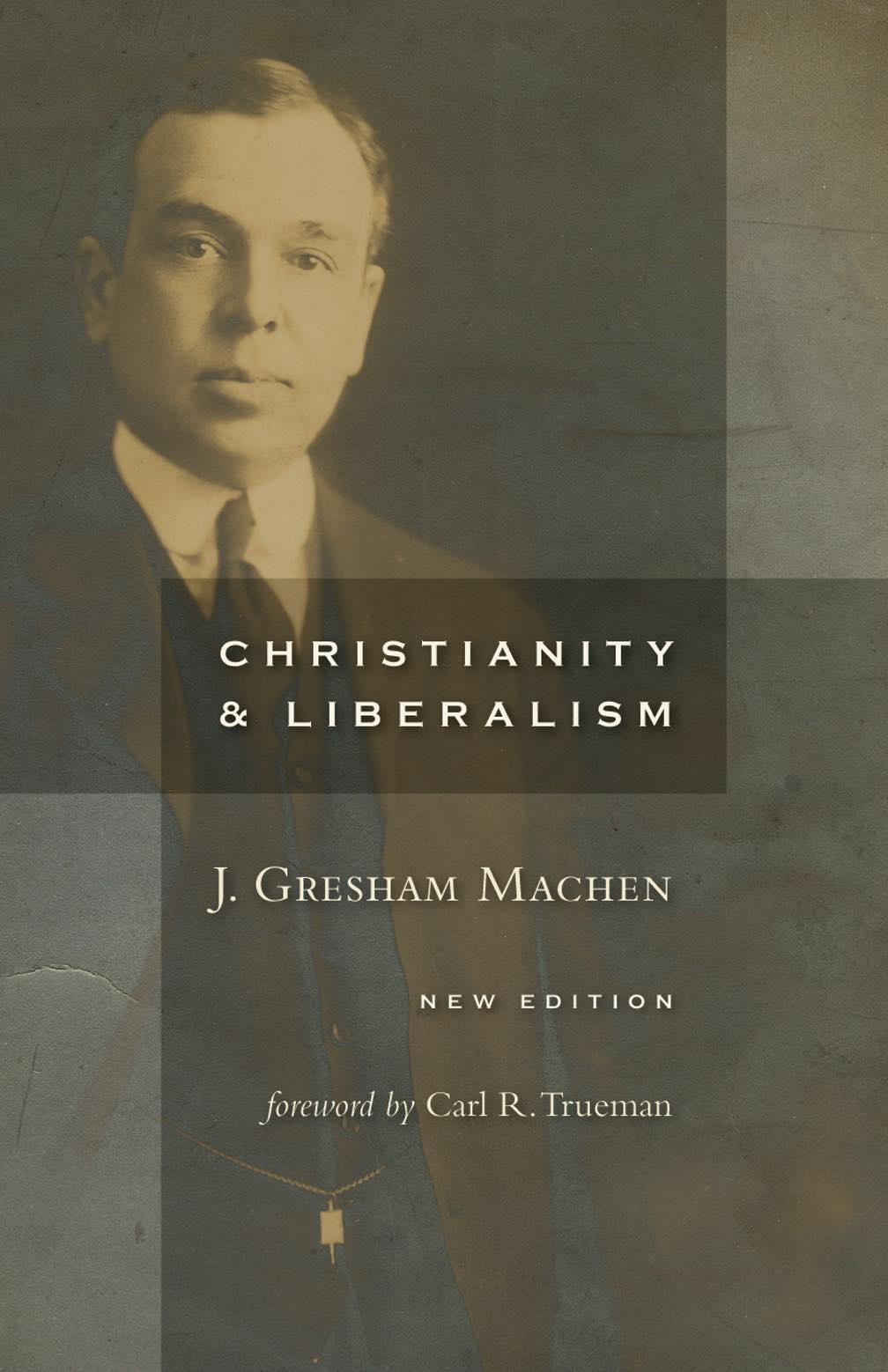
New: Russell Moore, Onward (2015)
Is it possible to contend for culture without being at war with culture? Russell Moore’s message to current evangelicals on “engaging the culture without losing the gospel” is set squarely on the shoulders of Machen and Henry. In fact, Moore says Henry’s The Uneasy Conscience “influenced me more than anything in print not inspired by the Holy Spirit.” In Onward, Moore embraces the extinction of the Bible Belt and cultural Christianity and charts a course forward for the church as a “prophetic minority” with a message and mission. Evangelicals must be unwavering in devotion and comfortable in their own skin. They must be pilgrims and aliens who are invested wholeheartedly in this world as an “embassy of the Kingdom of Christ.” They must be “more explicitly Christian while at the same time more open to alliances with those who are not.”
Old: J. Gresham Machen, Christianity & Liberalism (1923)
Is Christianity a doctrine or a way of life? A century ago, Modernist Christian theologians mandated that for the church to remain relevant in the broader culture, Christianity must rid herself of outmoded, supernaturalist doctrine and reconcile with modern science, namely by focusing on matters pertaining to “life” rather than a set of fixed beliefs. Machen begs to differ; he says Christianity is necessarily, irreducibly “a life founded on doctrine.” In this classic defense of biblical orthodoxy, he contends that liberal (so-called) and orthodox Christianity are not two branches of the same religion, but two opposing religions.
Old: Carl F. H. Henry, The Uneasy Conscience of Modern Fundamentalism (1947)
Why should the liberals have all the good works? Carl Henry pleads with evangelicals to correct their embarrassing, deafening silence on humanitarian and cultural issues and crises. To earn a voice to be heard for the sake of the gospel, evangelicals (a term interchangeable with “fundamentalists” at the time of this book’s publishing) can, should, and must be fully invested and engaged in culture—as a compassionate, unified, worldwide body of believers propelled by the full force and conviction of apostolic Christianity. Such a task demands sacrificing nothing of essential biblical orthodoxy while setting aside differences on secondary theological points of distinction and debate. Henry says, “The problem of Fundamentalism then is basically not one of finding a valid message, but rather of giving the redemptive word a proper temporal focus.”


